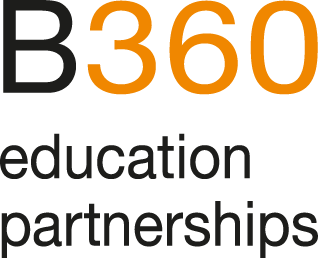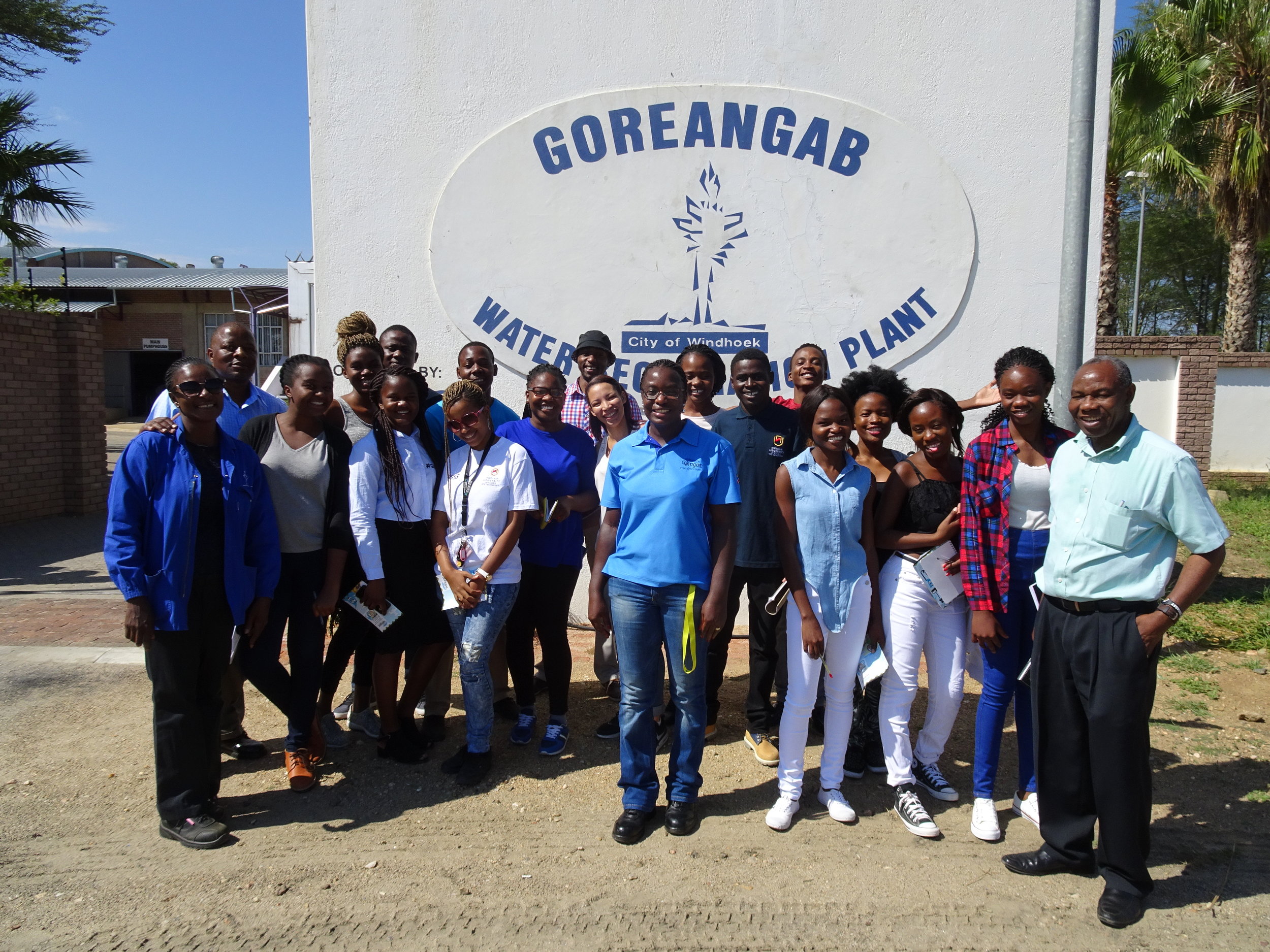Dr. Markus Schuppler
Lecturer in Food Microbiology
Institute of Food, Nutrition and Health, ETH Zürich
Faculty of Health and Applied Sciences
Biomedical Sciences Program
Namibia University of Science and Technology
July 16 - July 27, 2018
Nur in Englisch verfügbar.
After my first assignment as a B360 expert at the Namibia University of Science and Technology in Windhoek in April 2016, I had this year again the opportunity to teach third year students of the Biomedical Sciences Program. Based on my experience and knowledge from the last year, it was much more straightforward to set up the lectures and practicaI courses. During the two weeks, my mission was to cover the topic Food and Water Microbiology of the Medical Microbiology III course by two lessons in the morning and two lessons during the afternoon. In interactive lectures I focused on the molecular aspects of the pathogenicity of bacterial pathogens relevant for food and drinking water. In this context, the knowledge that the students had acquired during their first and second year in Biomedical Sciences provided a sound basis on which I could build on in a way that the content of my lectures provided an add-on to their more general knowledge about microbial pathogens.
The interactive lectures were combined with application-oriented practical courses to deepen the understanding of the complex molecular pathomechanisms and to learn how food is analyzed for the presence of food-borne pathogens. Listeria monocytogenes was chosen as an example to learn the principles of detection of food-borne pathogens in food. For this purpose the students applied state-of-the-art methods in order to detect and identify this dangerous pathogen in samples of ready-to-eat food obtained from local retail markets. Furthermore, the students investigated their own throat mucosa for the presence of enterotoxin producing Staphylococcus aureus, which is the most common source of food poisoning. The further characterization of the bacteria using modern molecular biology techniques should facilitate detection and identification of enterotoxin genes in order to tie in with the content of the lecture on Staphylococcus aureus food poisoning.
Excursions provided another important contribution to the education of the students. During my assignment, we had the opportunity to visit the Gammams Wastewater Treatment Plant of Windhoek with their appendant laboratories and the fascinating WINGOC clean water treatment plant. This water reclamation plant produces clean water from treated wastewater by a complex treatment process including a series of filtration and ozonation stages. As an example for a food processing company we visited the Nammilk dairy near to Windhoek that belongs to Namibia Dairies (Pty) Ltd, which is the major supplier of fresh and long-life milk, value-added dairy products and other beverages in Namibia. The focus of this excursion was on the laboratories of the dairy plant where the students obtained an insight into the tasks and the daily business of people working in a food microbiology lab. It was interesting to realize that not only the students benefit from such excursions, because it turned out that people at Nammilk so far have not been aware of the Biomedical Sciences Program at NUST. Only now, they recognized that NUST might provide a future source for the recruitment of staff for their laboratories. During the excursions, it was great to see that the students were already able to apply their theoretical knowledge gained from the lectures by asking critical and challenging questions in order to try to get the bottom of demonstrated processes and facts. Furthermore, the excursions exemplified how the acquired theory can expand into the practical work in water and food testing laboratories. Therefore, the excursions provided an important added value by offering interesting insights into future areas of work for the students and giving the opportunity for networking by personal exchange and communication with the students.
Again I was impressed by the openness and warm welcome provided by the students and the staff at NUST. I very much enjoyed my work during the two weeks, in particular the interaction with the students and the discussion and cooperation with the colleagues, but also the diverting amusement with other experts from B360. It made my time at NUST an interesting, exciting, diverting and sometimes challenging experience. Therefore, I want to thank them all, as well as the sponsors and the staff of B360 for giving me the opportunity to contribute to the development of NUST as an emerging university. The feedback I received was rewarding and encouraging, leaving the final good impression that students and staff also appreciated working with me. In the hope that I could provide a humble contribution to strengthen their education and professional careers, I wish the students all the best for their future. I am sure we will find them in responsible positions in the future, where they will contribute to the development of Namibia.




